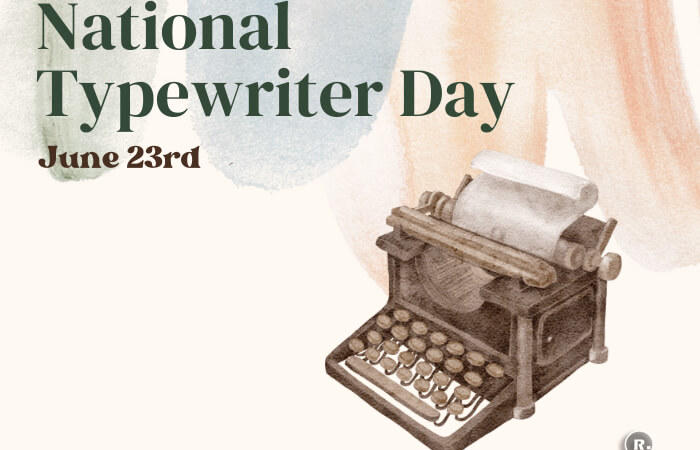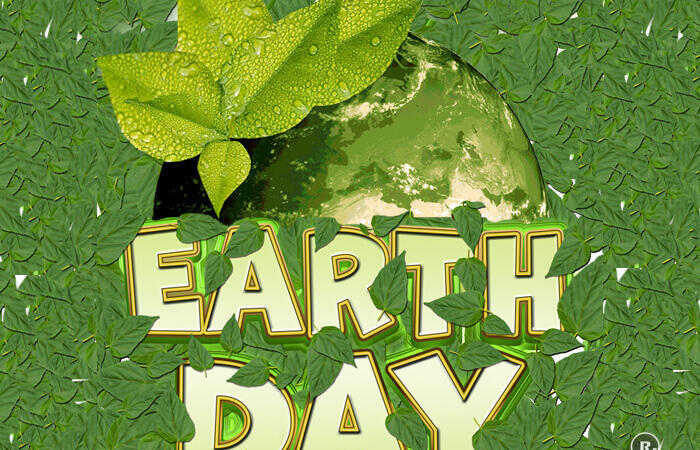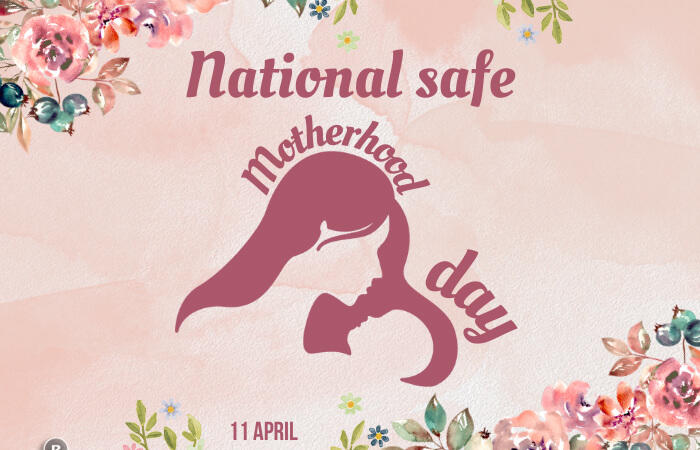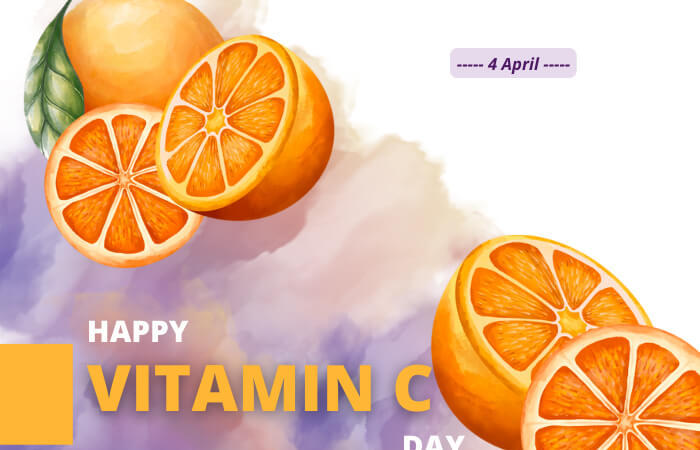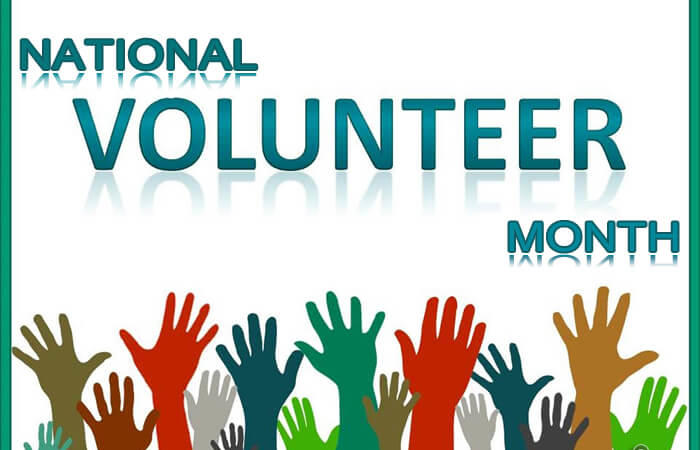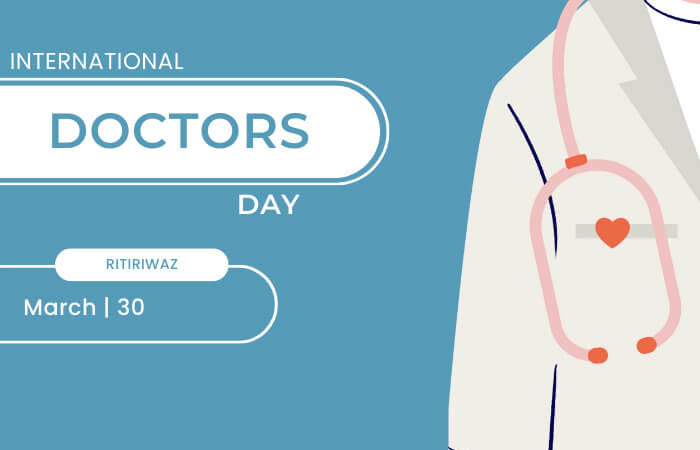World Tribal Day – 9 August, 2025
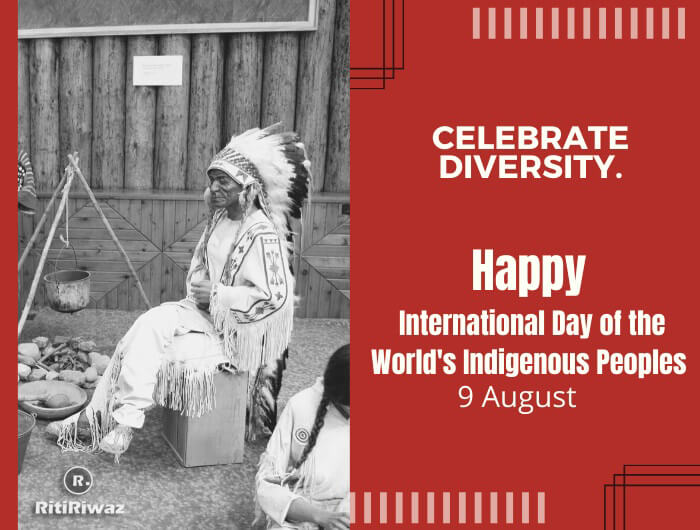
World Tribal Day (International Day of the World’s Indigenous Peoples) is commemorated annually on 9 August to raise awareness and protect the rights of the world’s Indigenous population. The day recognizes the contribution of the world’s 370 million indigenous people who live in more than 90 countries.
In recent years many indigenous peoples have been displaced from their lands. This forced migration is caused by industrialization, conflicts, climate change, and other factors. These people often end up in urban areas, where many struggles to retain their cultural identity.
On 23 December 1994, the United Nations General Assembly decided, in its resolution 49/214, that the International Day of the World’s Indigenous People shall be observed on 9 August every year. On this day, people from around the world are encouraged to spread the UN’s message on the protection and promotion of the rights of indigenous peoples.
Suggested Read: United Nations Day
The date marks the first meeting in 1982 of the UN Working Group on Indigenous Populations and empowers First Nations communities to advocate for the protection and promotion of their rights. The day will help in persuading, convincing, and creating awareness to people about the Indigenous people.
Indigenous Peoples around the world are some of the world’s most vulnerable populations. Forced assimilation that undermines Indigenous traditions and languages, institutional discrimination, and harassment enacted by extractive industries and government practices are just a few examples of the challenges Indigenous Peoples face today.
There are 370 million Indigenous people in the world. UN figures indicate that they make up less than 5% of the global population and are considered to belong to the poorest 15%. For hundreds of years, indigenous communities have struggled for the recognition of indigenous rights and the protection of their lives, culture, and territories.
These groups are very diverse but there are common issues that affect Indigenous people globally. Often due to the lingering effects of colonization and oppression. Indigenous people are vulnerable to discrimination and mistreatment and excluded from effectively participating in processes that affect their rights. This means that today they are more likely to experience poverty, imprisonment, poor health, and restrictions on self-determination.
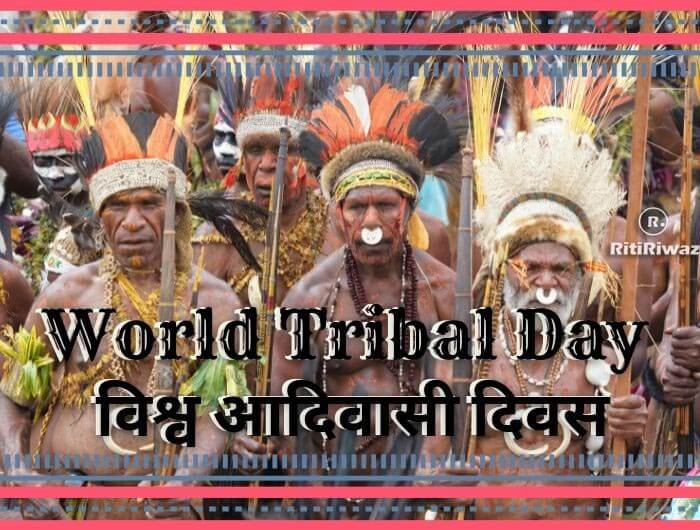
Indigenous people’s unique rights help ensure that their culture continues to exist into the future. This includes their rights to speak and teach their native language and customs, to live on the land of their ancestors, and to look after sacred sites. Although awareness of indigenous people’s rights and struggles has increased, the struggle for genuine recognition especially on the rights to self-determination, including collective rights to land, resources, and territories is still wanted and needs to be realized.
The UN Declaration on the Rights of Indigenous Peoples is a non-legally binding human rights instrument that affirms universal minimum standards for the survival, dignity, and well-being of all Indigenous Peoples. It recognizes the right of Indigenous Peoples, as both a collective and as individuals. To fully enjoy their basic human rights – including Indigenous cultural rights and identity and the right to education, health, employment, and language.
COVID-19 is bringing new challenges to already-marginalized Indigenous communities, due to subpar access to health care and sanitation. Higher rates of pre-existing diseases, and a tendency toward multigenerational housing (UN). On this day, people from around the world are encouraged to spread the UN’s message on the protection and promotion of the rights of indigenous peoples.
Each year this day is celebrated around the world. A commemorative event is also organized at the United Nations Headquarters in New York by the Indigenous Peoples and Development Branch. Secretariat of the Permanent Forum on Indigenous Issues, which brings together indigenous peoples’ organizations, UN agencies, Member States, civil society, academia, and the general public. Join in spreading the United Nations’ message on the protection and promotion of their rights and in commemorating International Day of the World’s Indigenous Peoples!
Suggested Read: Important Days In August

